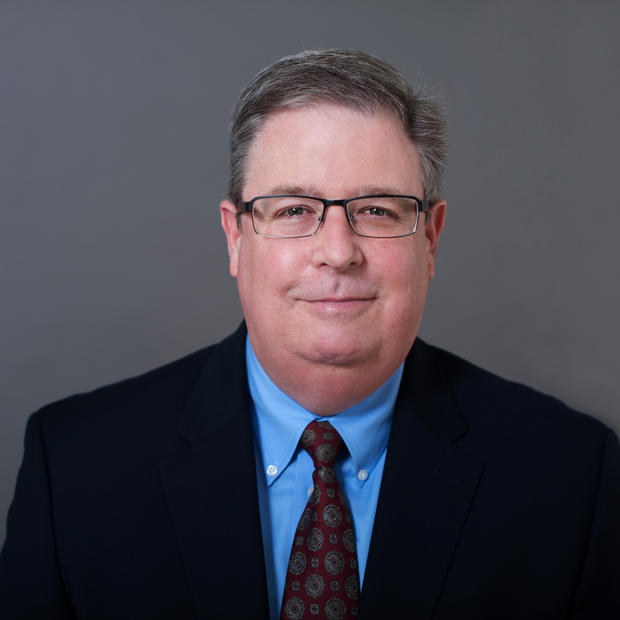The 2009 King County Executive'ês race figures to be the most interesting and most competitive in the history of this vital public office. For the first time since Gary Locke ousted Tim Hill in 1993 we are going to have a real contest for regional leadership. Voters, therefore, would benefit if the five major candidates would deviate from King County political tradition and discuss and debate issues related to what King County government actually does. So far, not many have.
Let me disclose right up front my conflict of interest: I have a client with major King County issues, the King County Corrections Guild, and much of what I am going to say will echo what they have been saying for some time. So I don't want to argue the merits of their proposals. My point is that candidates for King County Council and Executive routinely talk about issues over which the county has no jurisdiction and very little control, as opposed to law enforcement where they have a big say.
A case in point: Susan Hutchison called for lower taxes in her campaign kick off speech. Which taxes? The business and occupation tax, which fellow candidate Rep. Ross Hunter pointed out is levied by the state, not the county? Hutchison also vows to ensure that the Puget Sound Partnership "has the necessary resources to restore Puget Sound and hold polluters and the federal government accountable for their obligations to our region's ecology.'ê Again, the Puget Sound Partnership is a state agency and its funding is a state responsibility.
But Hutchison is hardly alone regarding this kind of dubious focus. Just check out the candidates' web pages. Four out of the five have sections on 'êissues.'ê Hutchison, Fred Jarrett, Dow Constantine, and Larry Phillips all have basically the same set of headlines on their pages: 'êJobs and the Economy,'ê 'êTransportation,'ê 'êProtecting the Environment,'ê and 'êReform.'ê Ross Hunter'ês page is a bit more eclectic, but the issues are largely the same.
There is no doubt reform and better management are legitimate issues in the Executive'ês race, especially given the recent scathing audit report regarding capital spending. The problem is there is very little King County can actually do about the rest of these popular issues.
- Taxes? The property tax used to be a hot issue but now that is capped at 1 percent growth per year.
- Jobs? Not much the county can do about the worldwide recession, and the much-despised county permitting process only applies to unincorporated King County where very little development can occur. Not many new jobs there.
- Transportation? The county only controls county roads and Metro buses. The big decisions regarding light rail have been made. The state governs our freeways. Will a few tweaks to Metro bus routes really make an appreciable dent in regional gridlock?
- Protecting the environment? King County has direct control over rural land use, and is the guiding regional force behind the implementation of Growth Management, but the big regional land use decisions have been made and aren'êt likely to be revisited. Addressing climate change is a debate occurring in Washington D.C.
Which leads us to the services King County actually does govern and provide: solid waste, public health, regional parks, sewers, buses, records and elections, and, most importantly, criminal justice. Simply put, King County'ês budget is roughly $5 billion, but of that, 87 percent is dedicated to specific services and programs, such as the road fund, and Metro transit and sewer service. Buses and sewers are vital, but there really aren'êt a lot of policy issues to debate when it comes these core municipal services.
This leaves between $600 and $700 million in the General Fund for politicians to argue over. Of that, 73 percent currently goes to police, jails, prosecutors, juvenile justice, public defenders, and courts. These are the services King County truly governs, and this is where the real debate lies.
There are plenty of issues to debate regarding public safety. Last year the county laid off prosecutors and Sheriff'ês deputies, and consequently stopped charging some crimes as felonies . We continue arguing about building a new jail, and we continue to expand the use of work release and electronic home monitoring. In addition there is the debate over whether King County should make reductions in public safety or in the valuable but entirely discretionary health and human services programs which compete for General Fund dollars. Law and justice is where the vast majority of the county'ês discretionary budget goes and is the primary service it provides to the region, yet none of the candidates for Executive has a section of their web page devoted to these issues, and none is making crime and public safety the focus of a campaign.
This isn'êt new. Former County Executive Ron Sims was famously not focused on county issues, preferring to talk about climate change and saving orcas rather than the operations of the criminal justice system. During both my campaigns for the County Council (1993 and 1997) my opponents criticized me for talking about crime, claiming it wasn'êt a 'êreal issue.'ê Click on the County Council'ês web page and you won'êt find anything regarding crime and public safety listed as a 'êHot Topic.'ê Take a look at the web pages of the nine County Councilmembers. Only Pete von Reichbauer and Reagan Dunn include sections regarding public safety issues.
Especially this year voters deserve a vigorous debate about what King County really does. The candidates need to tell us their plans for our bus system and our system of regional parks, trails and open space. How will they improve the management of core county services? Can the region afford another round of cuts to law enforcement personnel? Where and when do we build another jail?


